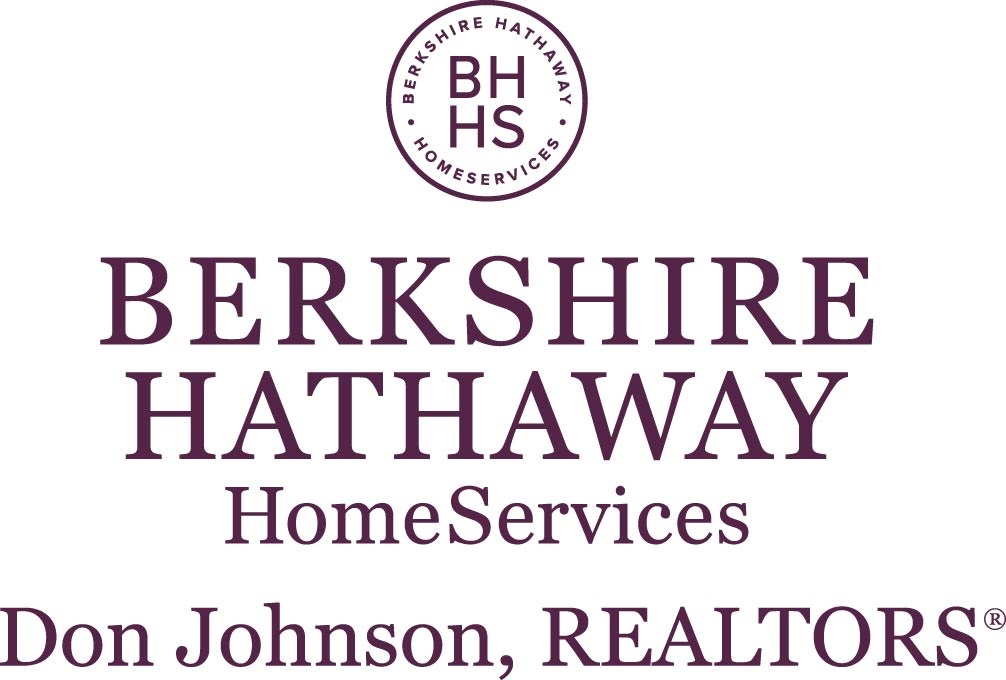Keep Your Home Safe When Traveling.
The last thing you want if you’re traveling these holidays is to worry about someone burglarizing your home. Use this check list to add some peace of mind while you’re out of town.
- Ask a trusted friend – to pick up mail, newspaper and keep yard picked up to avoid an appearance of being empty.
- Consider discontinuing your mail (USPS Hold Mail Service)
- Don’t post about your trip on Facebook and other social media until you return – some burglars actually look for this type of announcement to schedule their activities.
- Do notify police or neighborhood watch – especially if you’re going to be gone for more than just a few days. Let your monitoring service know when you’ll be gone and if someone will be checking on your home for you.
- Light timers make it look like someone is home – use several sets for different times to better simulate someone being at home.
- Do unplug certain appliances – TV, computers, toaster ovens that use electricity even when they’re off and to protect them from power surges.
- Don’t hide a key – burglars know exactly where to look for your key and it only takes them a moment to check under the mat, above the door, in the flower pot or in a fake rock.
These easy-to-handle suggestions may protect your belongings while you’re gone while adding a level of serenity to your trip.


